Introduction to Chess in England
Chess is a globally recognized game of strategy and intellect, enjoyed by millions around the world. Its inception into various cultures has been a subject of significant historical interest. Tracing when and how chess was introduced to England is a fascinating story that highlights the game’s evolution and its impact on English society. This narrative is not just about the game itself but also about the cultural, historical, and social exchanges that accompanied its arrival and adoption in England.
The Early References and Origins of Chess
Chess, as it is known today, evolved from earlier games played in India and Persia. From its origins in the 6th century Indian game, Chaturanga, chess spread to Persia where it became known as Shatranj. The Islamic conquest of Persia saw the expansion of the game into the Muslim world, reaching Europe through various routes, including the Iberian Peninsula and Sicily.
The Influence of Islamic Culture in Medieval Europe
During the early medieval period, Europe came into close contact with the Islamic cultures of the Middle East and North Africa. This interaction was a crucial catalyst for the cultural transfers that included the game of chess. The Muslim rule in Spain and the subsequent Reconquista were particularly significant in this respect. By the 10th century, chess was a noted part of the cultural fabric in Spain, from where it likely began to make its way further into Europe.
Chess Enters England
The introduction of chess to England is entwined with the Norman Conquest of 1066. When William the Conqueror, Duke of Normandy, invaded England, he brought with him a culture that had already been influenced by chess. The Normans had contacts with the Islamic cultures through their presence in Sicily and other parts of Southern Italy. Through these channels, chess was likely introduced into Norman culture and subsequently brought to England following their victorious conquest.
Evidence from Historical Records
The earliest credible references to chess in England are found in 12th-century writings. Perhaps the most notable early mention is from the Welsh historian and Bishop of St. David’s, Giraldus Cambrensis, who noted the game being played in the court of Henry II. Additionally, historical documents and literary sources including the famous epic poem, the 'Roman de Brut' by Wace, written in the 1150s, implies that the game was known in England by then. These early references suggest that chess was rapidly absorbed into the English aristocracy and intellectual circles, largely as an aristocratic pastime.
Chess and English Society
Once established within the confines of England, chess became a symbol of courtly manners and nobility. It was not just a game but a part of the social fabric, reflecting both the stratification and the ideals of medieval English society. This was evident in its association with royalty, nobility, and strategic thinking.
Chess in Literature and Learning
The popularity of chess in England during the Middle Ages is also mirrored in the literature of the period. Several medieval manuscripts and works reference chess, demonstrating its role in both recreational and metaphorical contexts. The famous 'Game and Playe of the Chesse' by William Caxton, printed in 1474, is a significant example. This book used chess as a basis to discuss ethical and societal rules, thus highlighting the game’s importance in moral and educational discourse.
The Evolution of Chess in England
Chess continued to evolve after its introduction to England. During the Tudor period, under the reign of Queen Elizabeth I, the game became even more entrenched in the cultural and intellectual life of the era. The period’s renewed interest in classical learning, along with increased contacts with mainland Europe, provided further impetus to chess. Notable figures of the time, including Queen Elizabeth herself, were known to enjoy the game.
The Spread Beyond Royalty and Aristocracy
As time passed, chess began to spread beyond the realms of royalty and the upper classes. By the 19th century, the game had permeated the broader English society. Clubs began to form, publications about the game increased, and by the late 19th century, England was one of the leading nations in the chess world, competing in international tournaments with notable players such as Howard Staunton, a name now synonymous with a standard style of chess pieces used worldwide.
Conclusion: Legacy of Chess in England
Chess was not merely introduced to England; it was absorbed, adapted, and eventually became a vital part of the culture. From its origins in the royal courts of the Normans, it became a tool of societal teaching in the Middle Ages and a pastime that cut across classes in modern times. Each stage in the game’s history reflects broader social and cultural developments, showing how a simple board game can weave into the historical fabric of a society. The story of chess in England is a testament to how a game can influence and be influenced by the history and society it becomes a part of.
The enduring popularity of chess in England today, with its thriving clubs, international competitions, and a dedicated following, continues to bear witness to its historical legacy and the deep-rooted fascination that it holds within English culture and beyond.
Explore our large collection of beautiful chess sets!

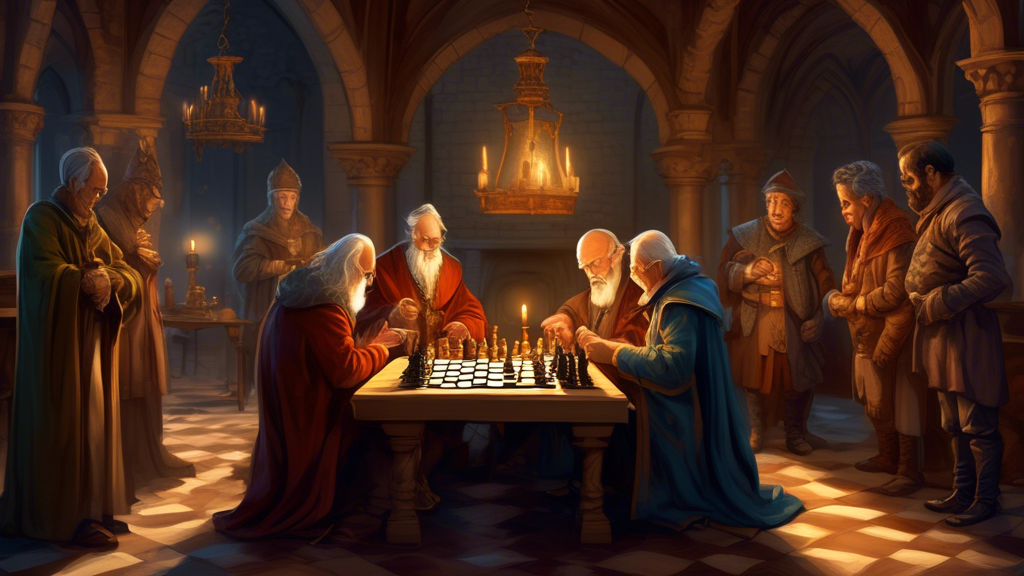
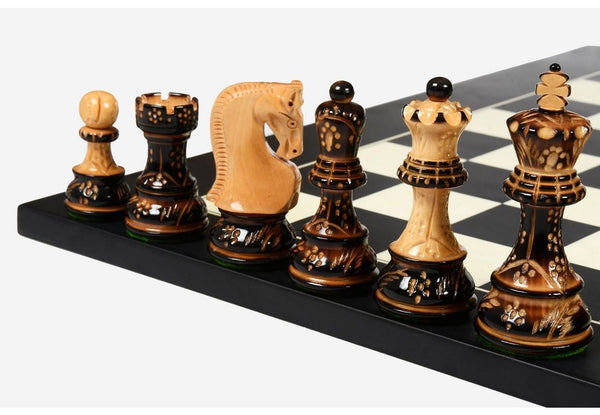

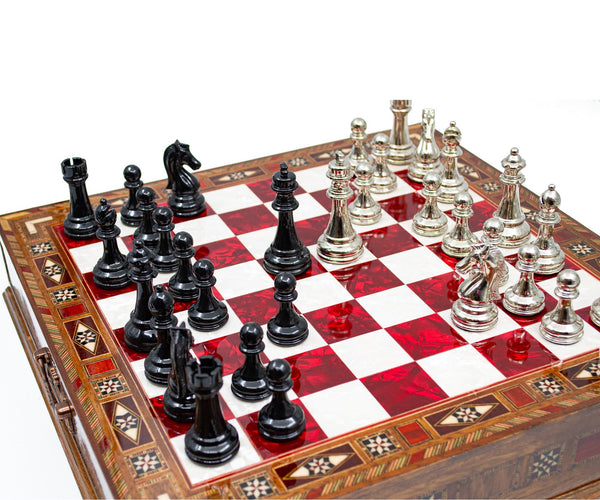
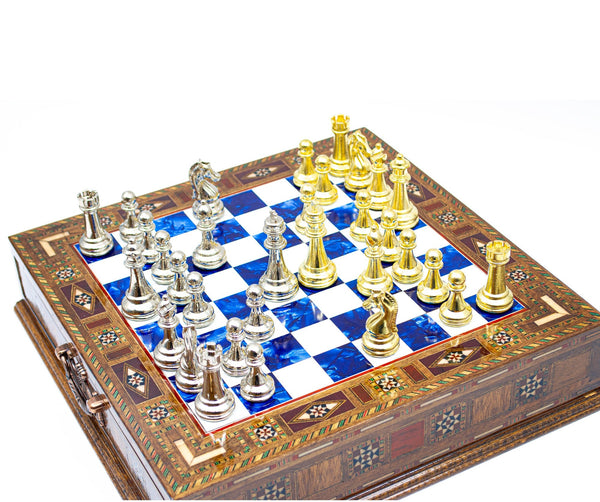
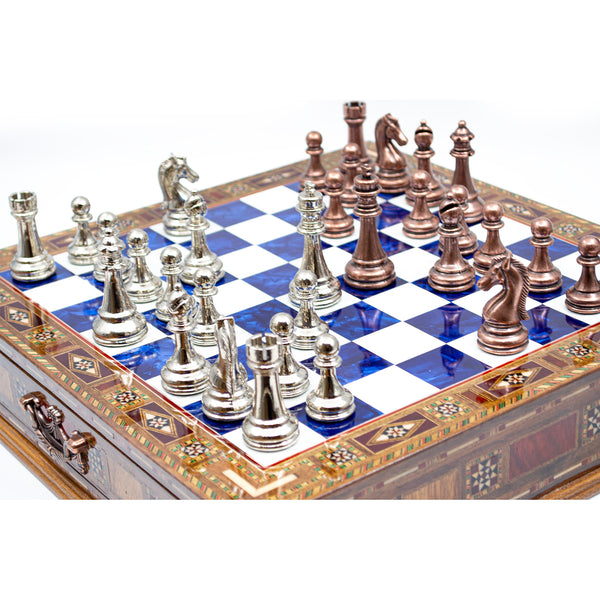
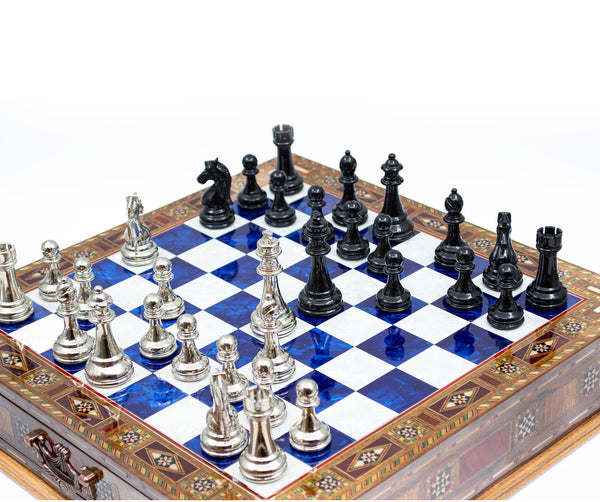
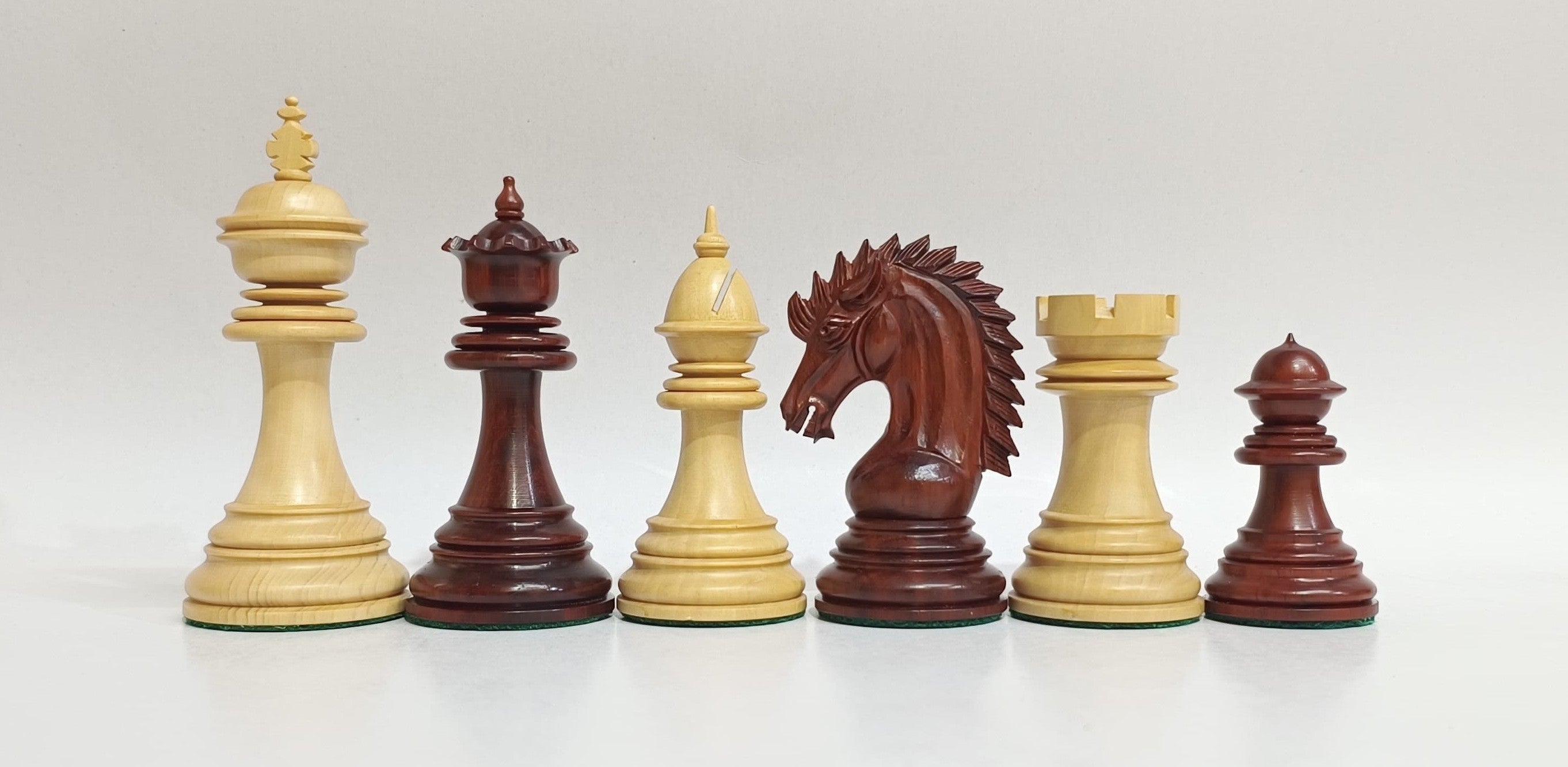

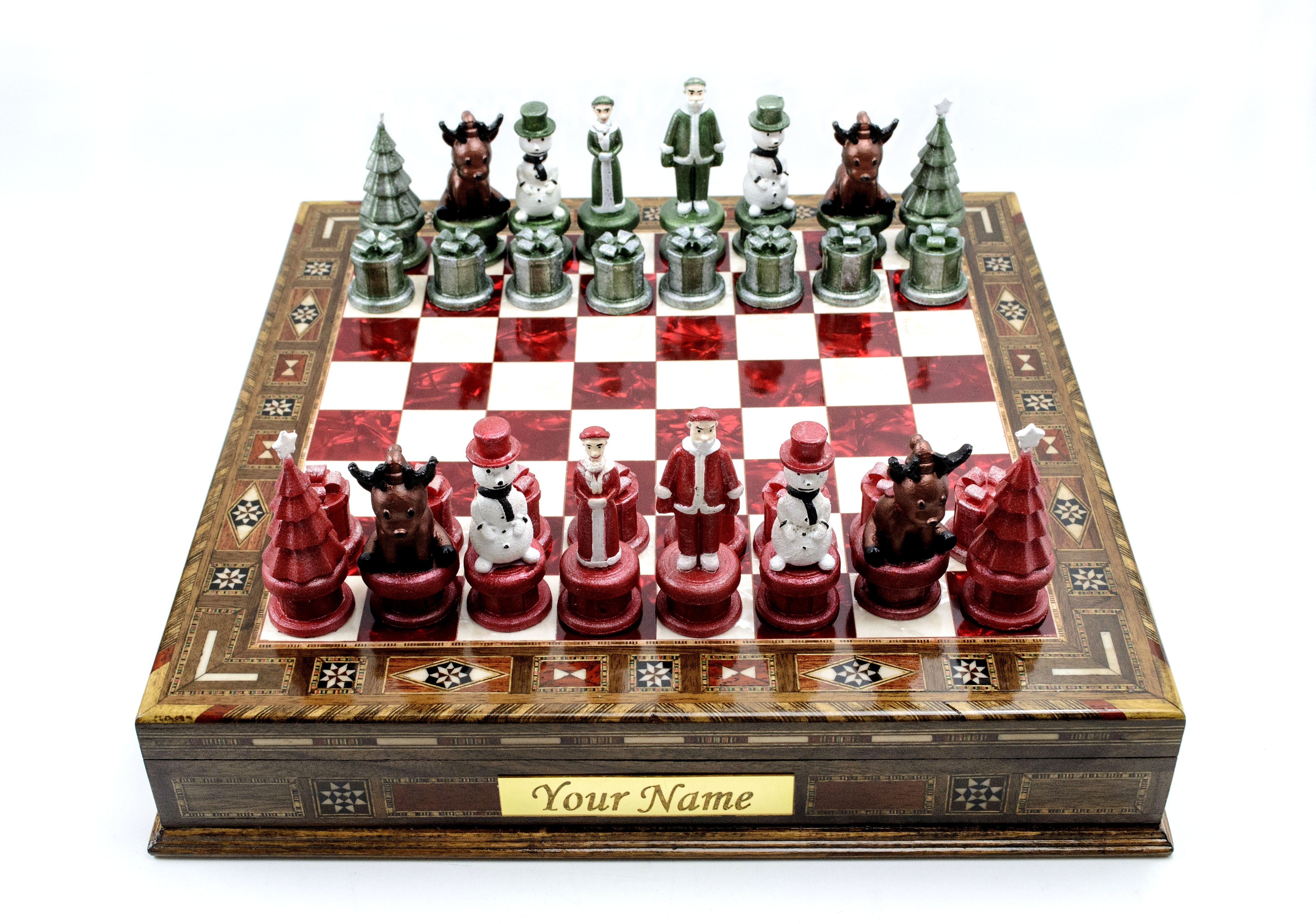
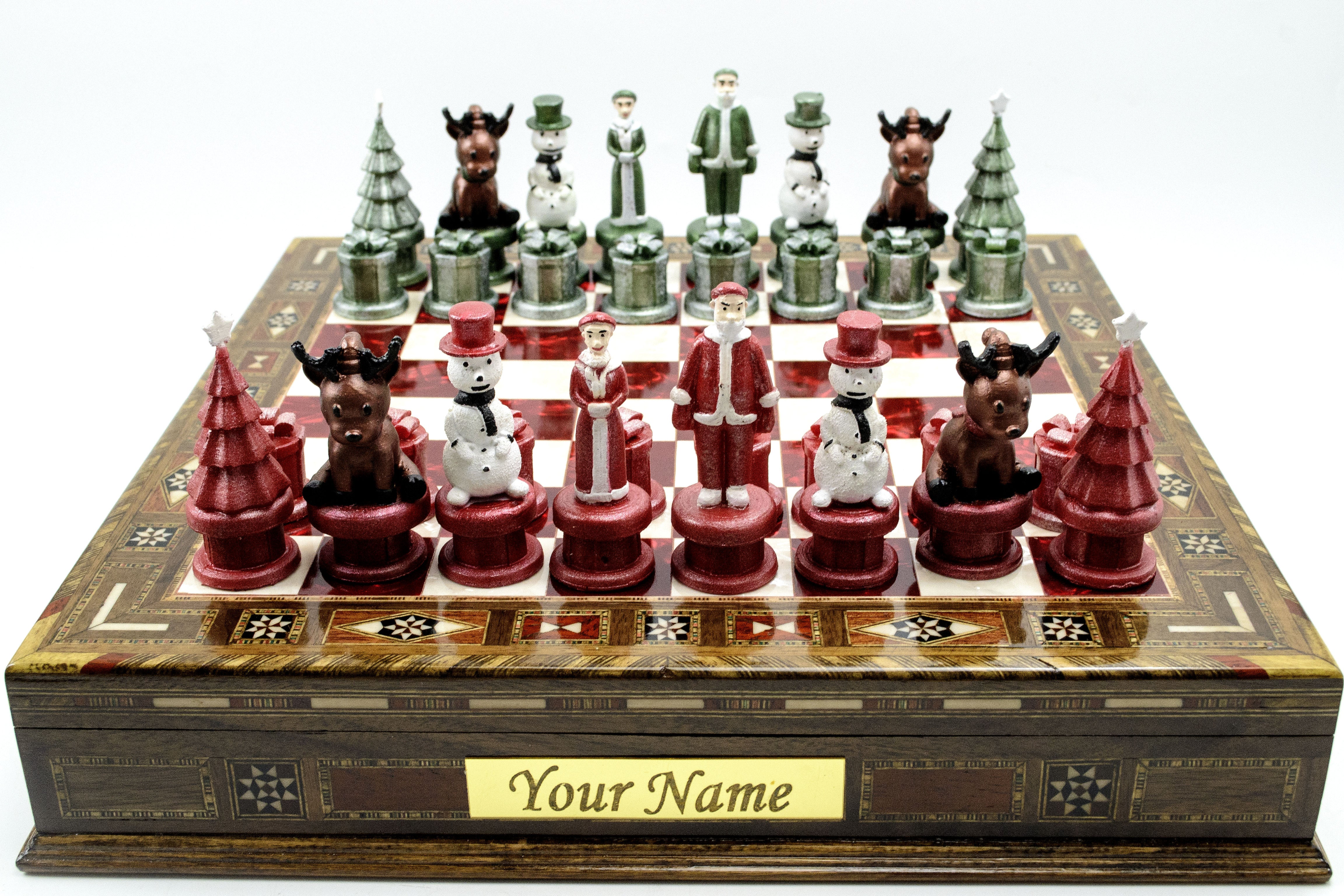

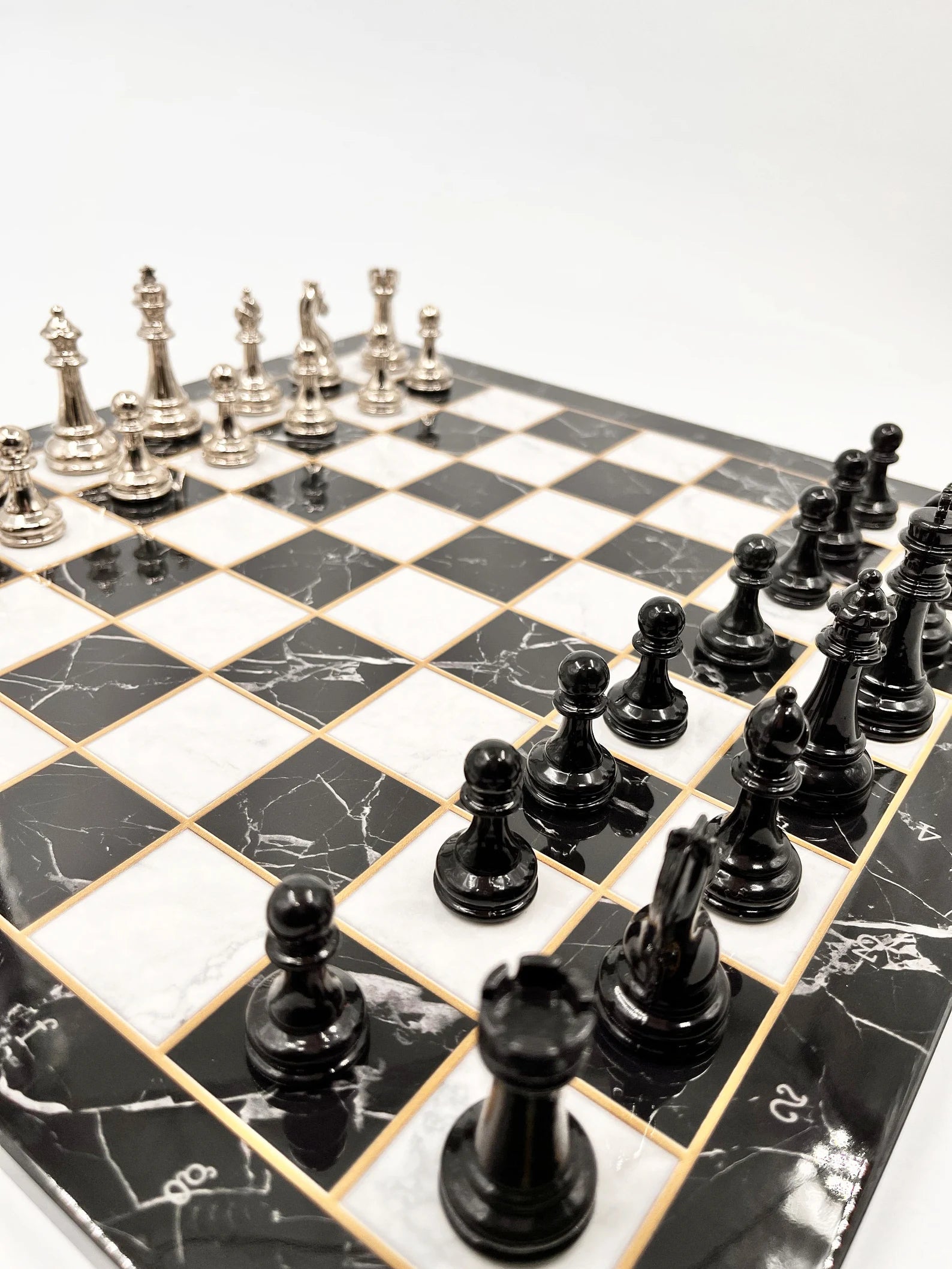
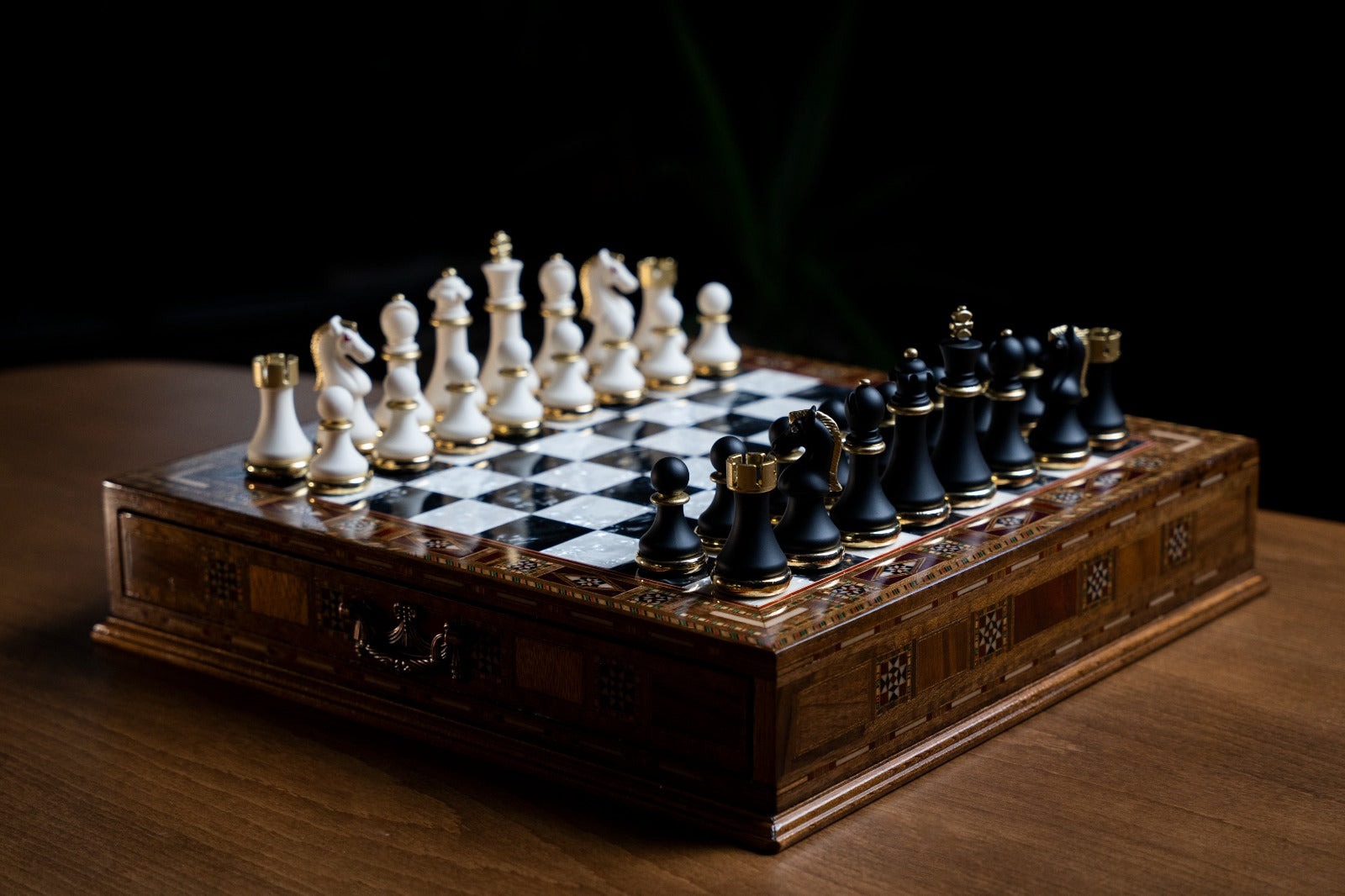

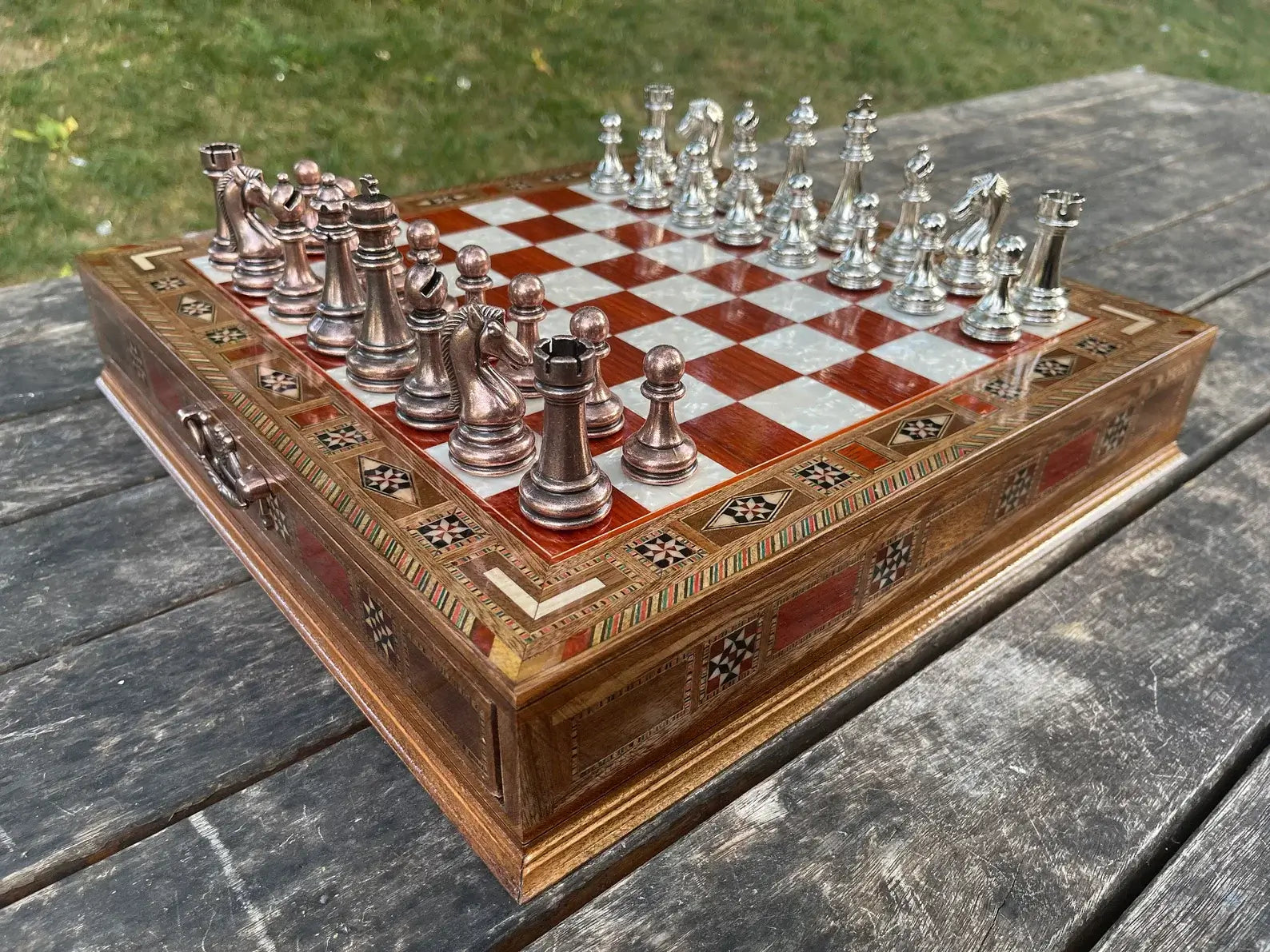

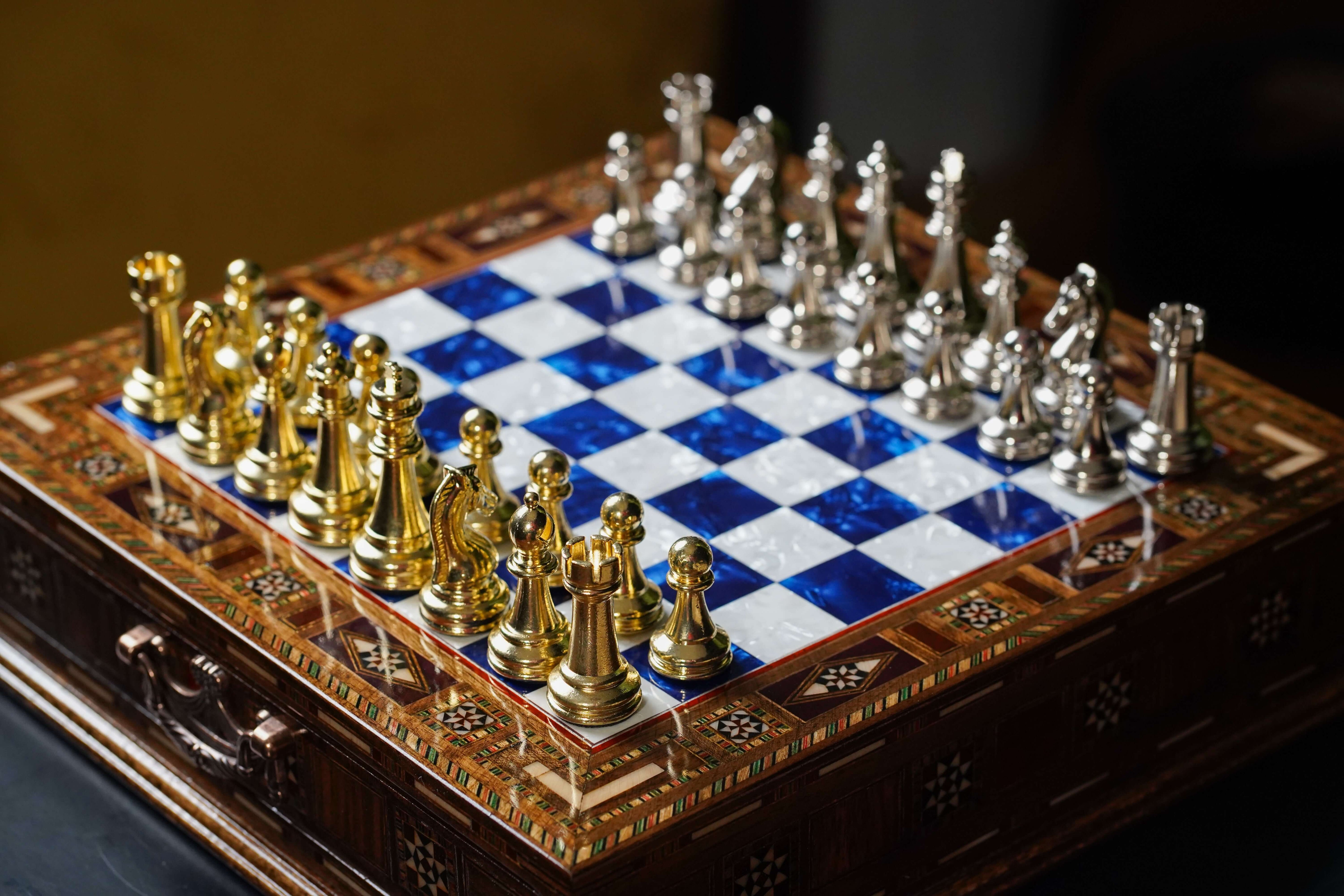
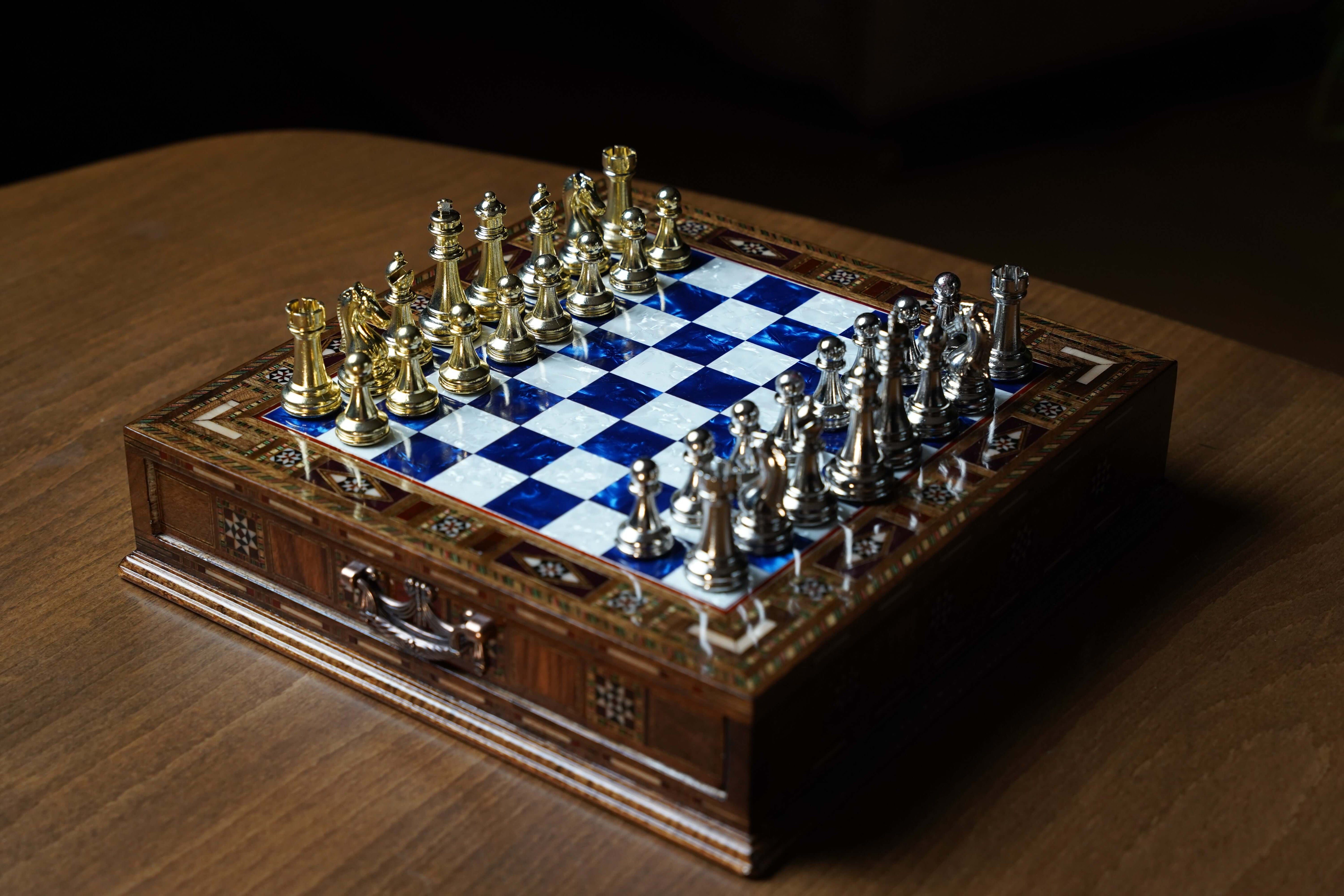
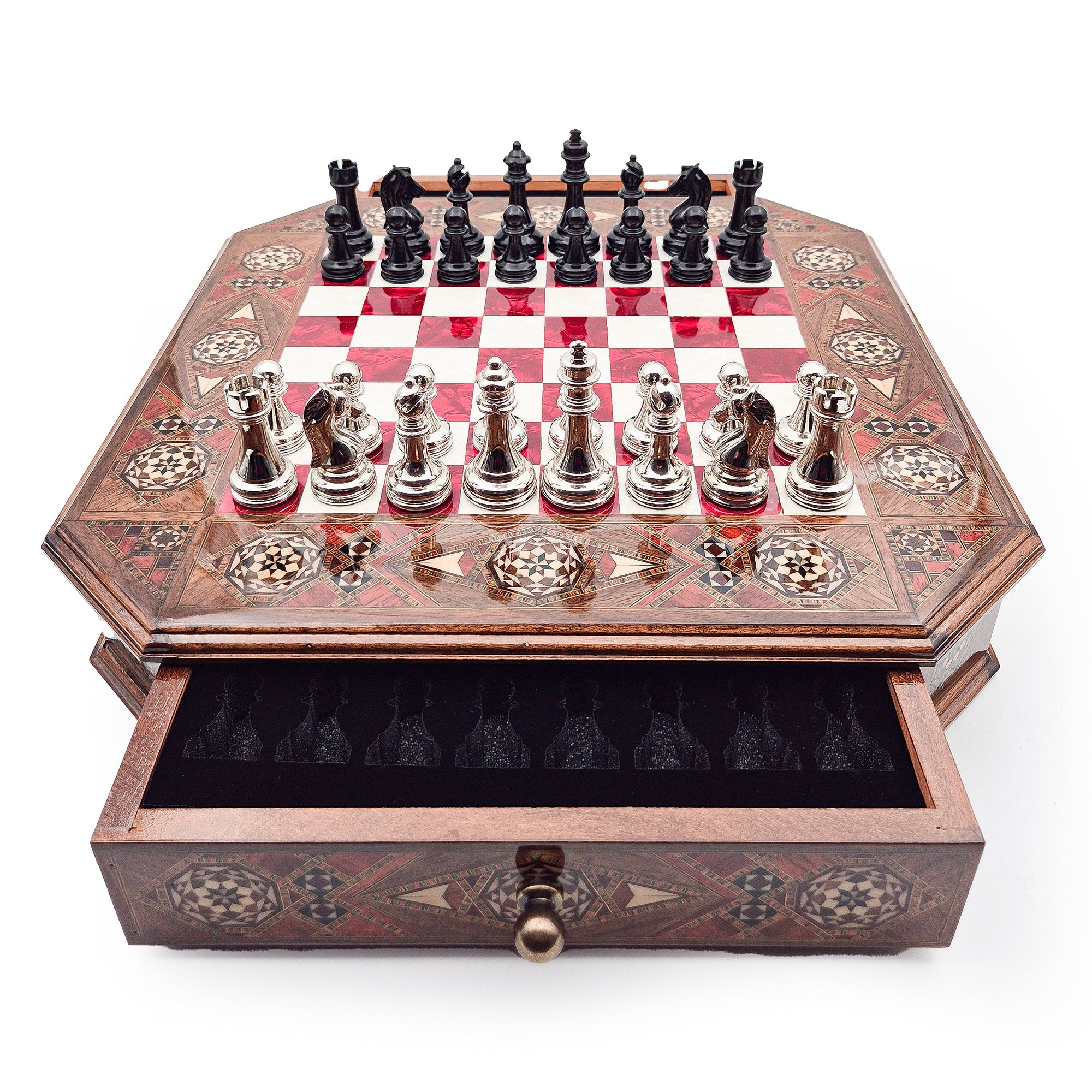
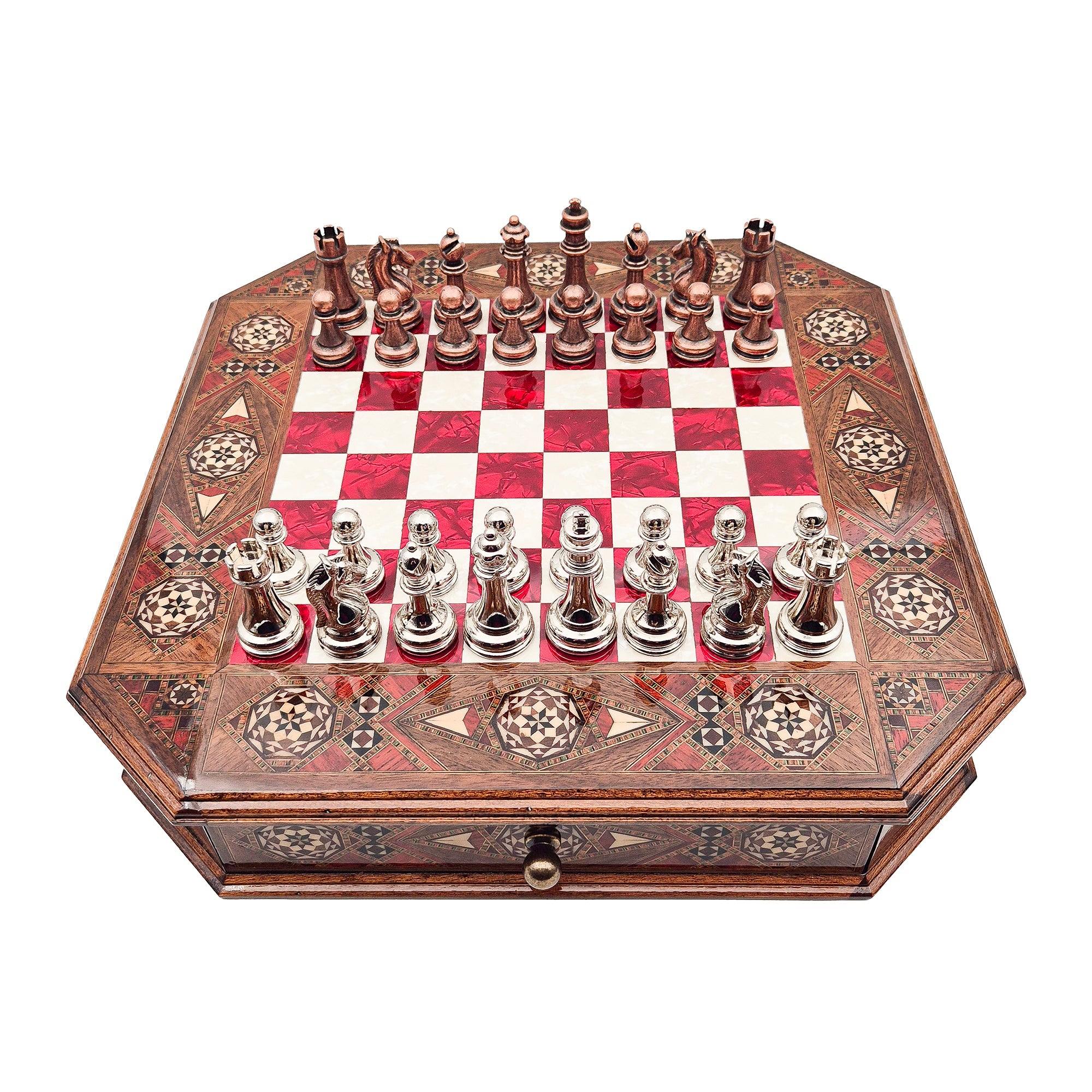

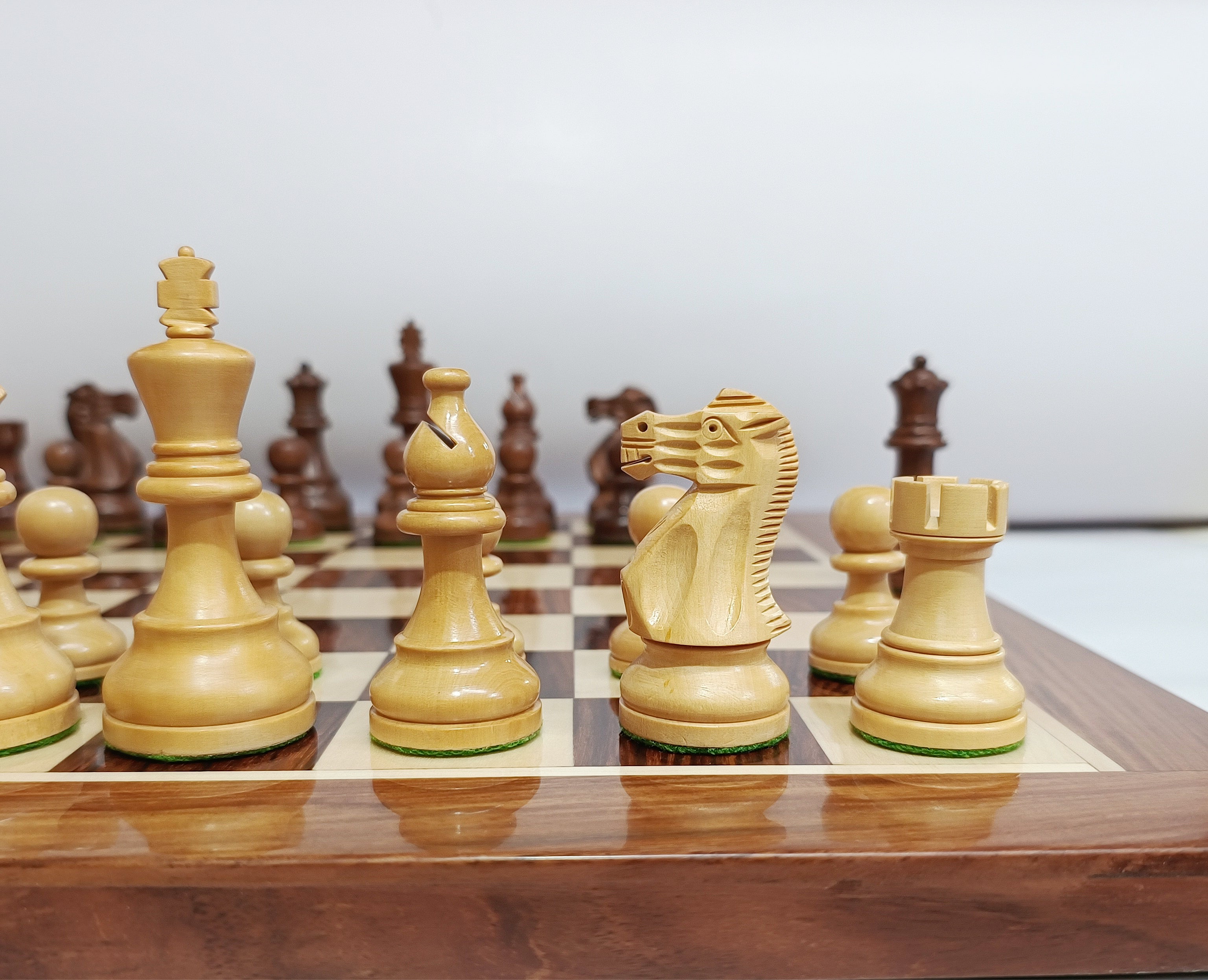
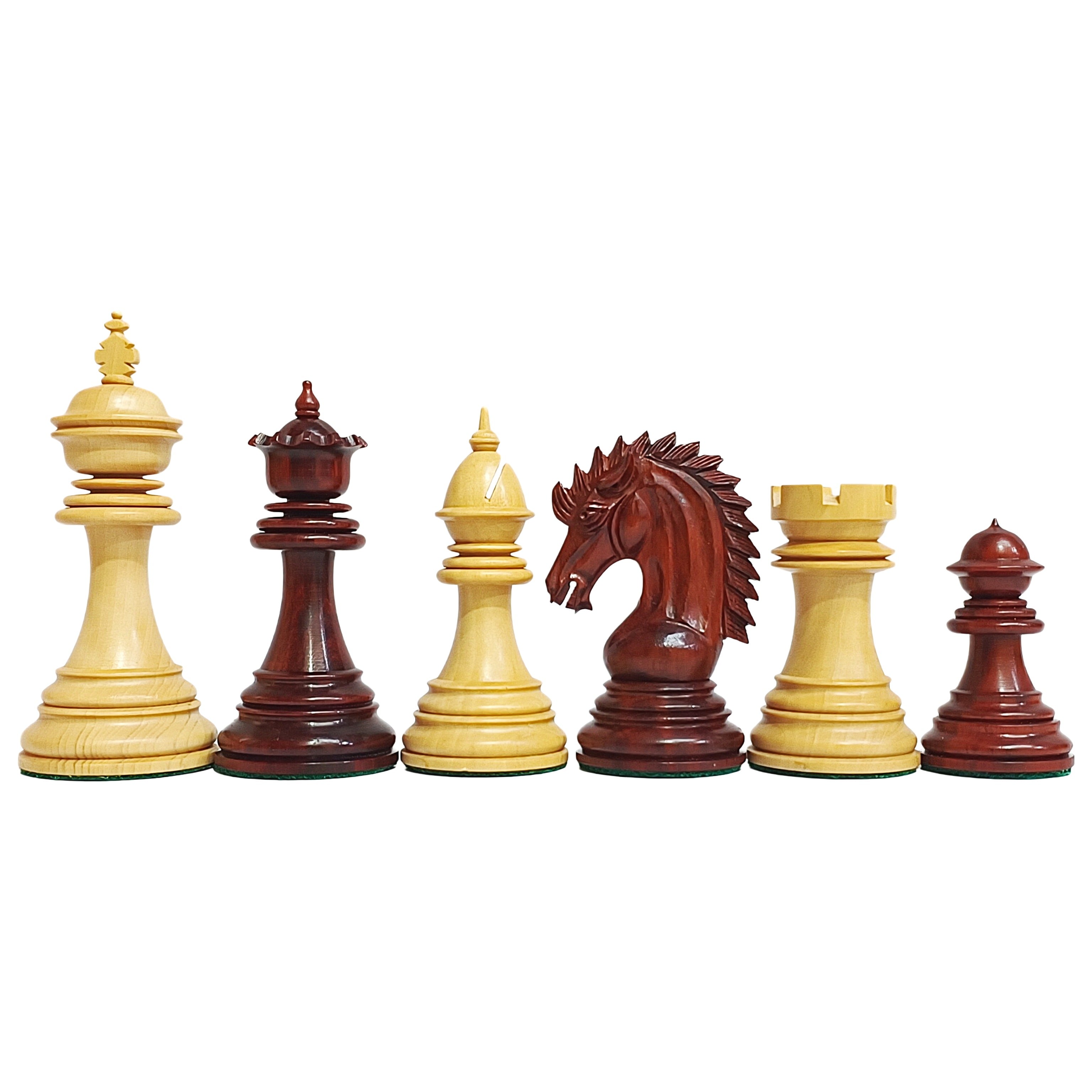
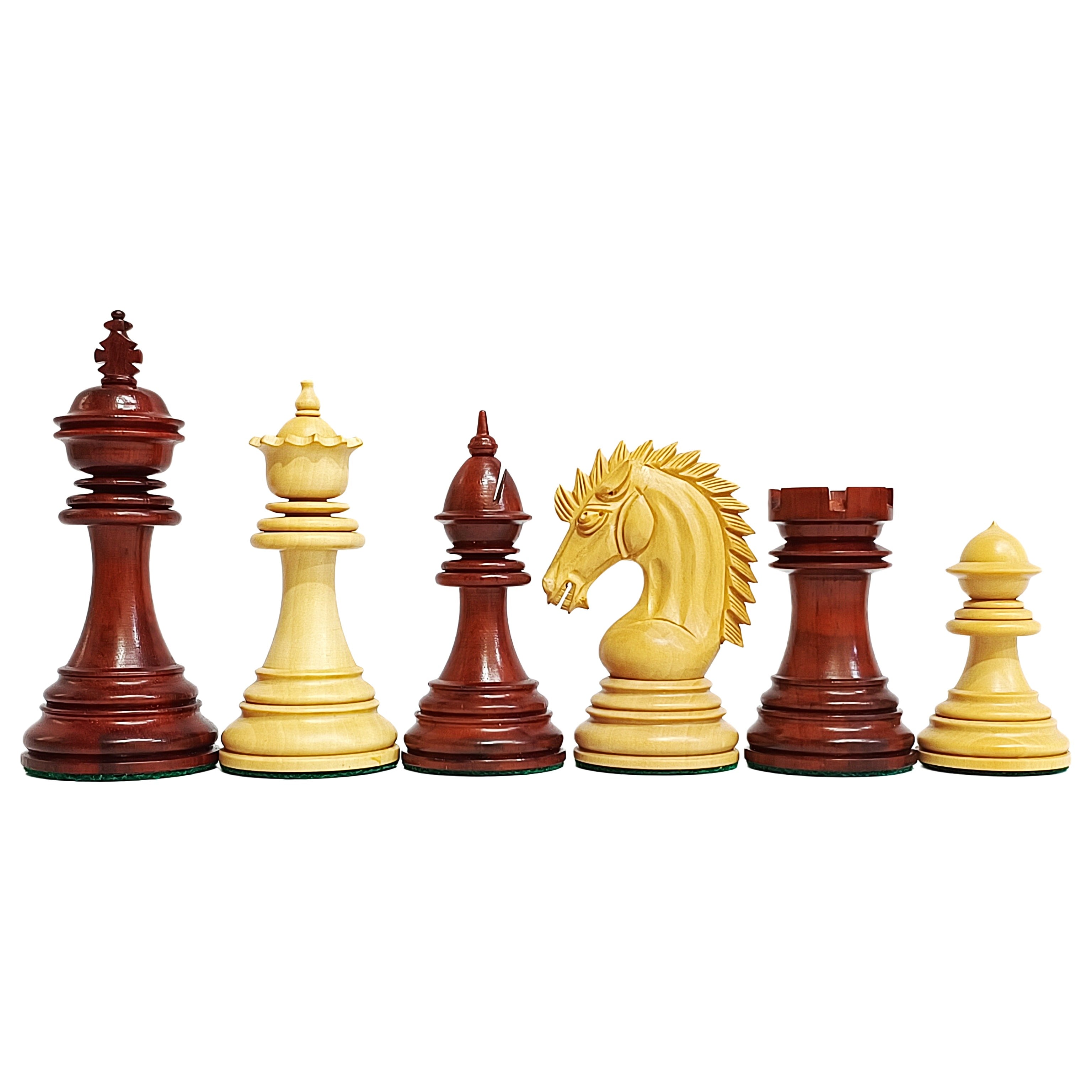


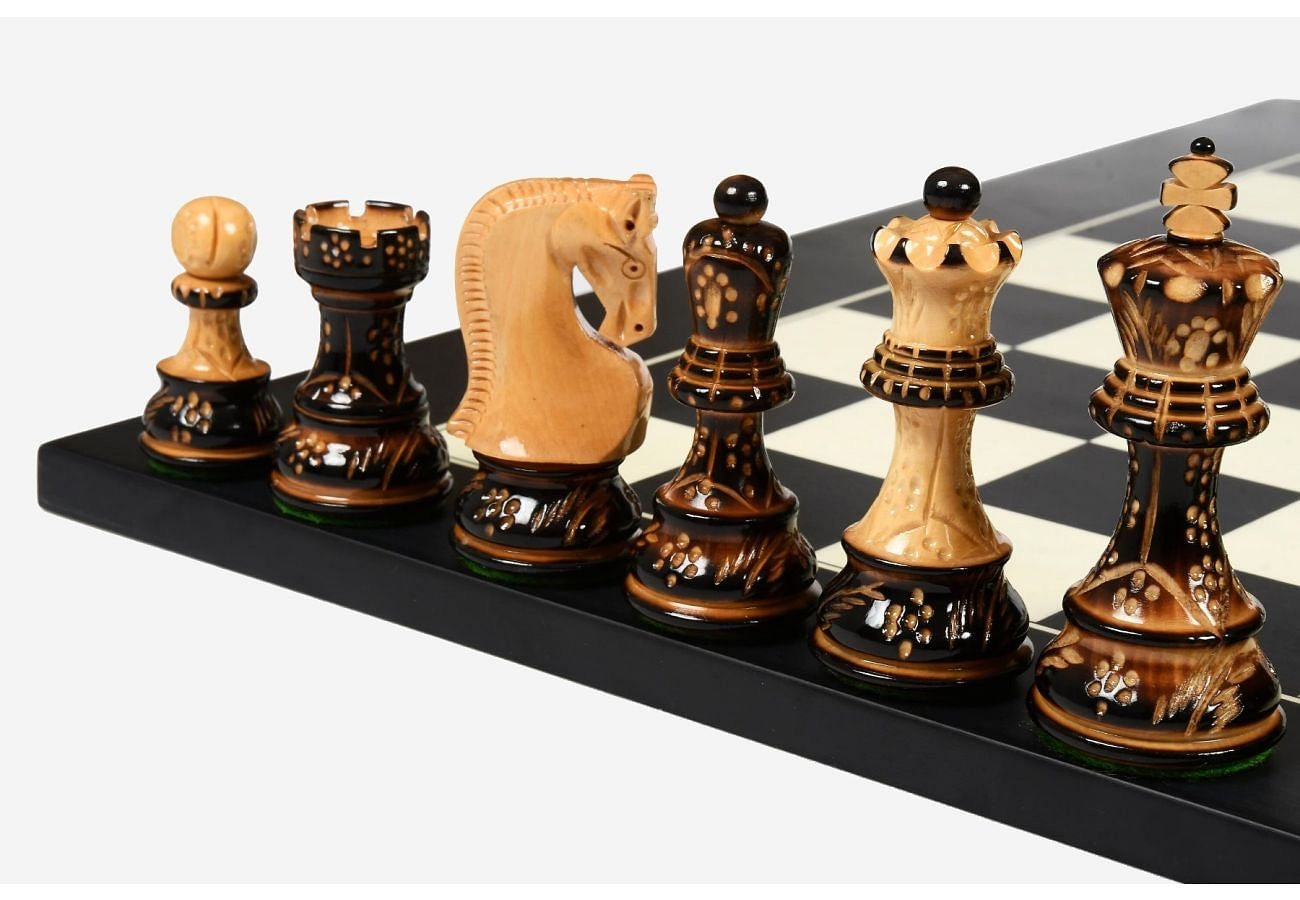
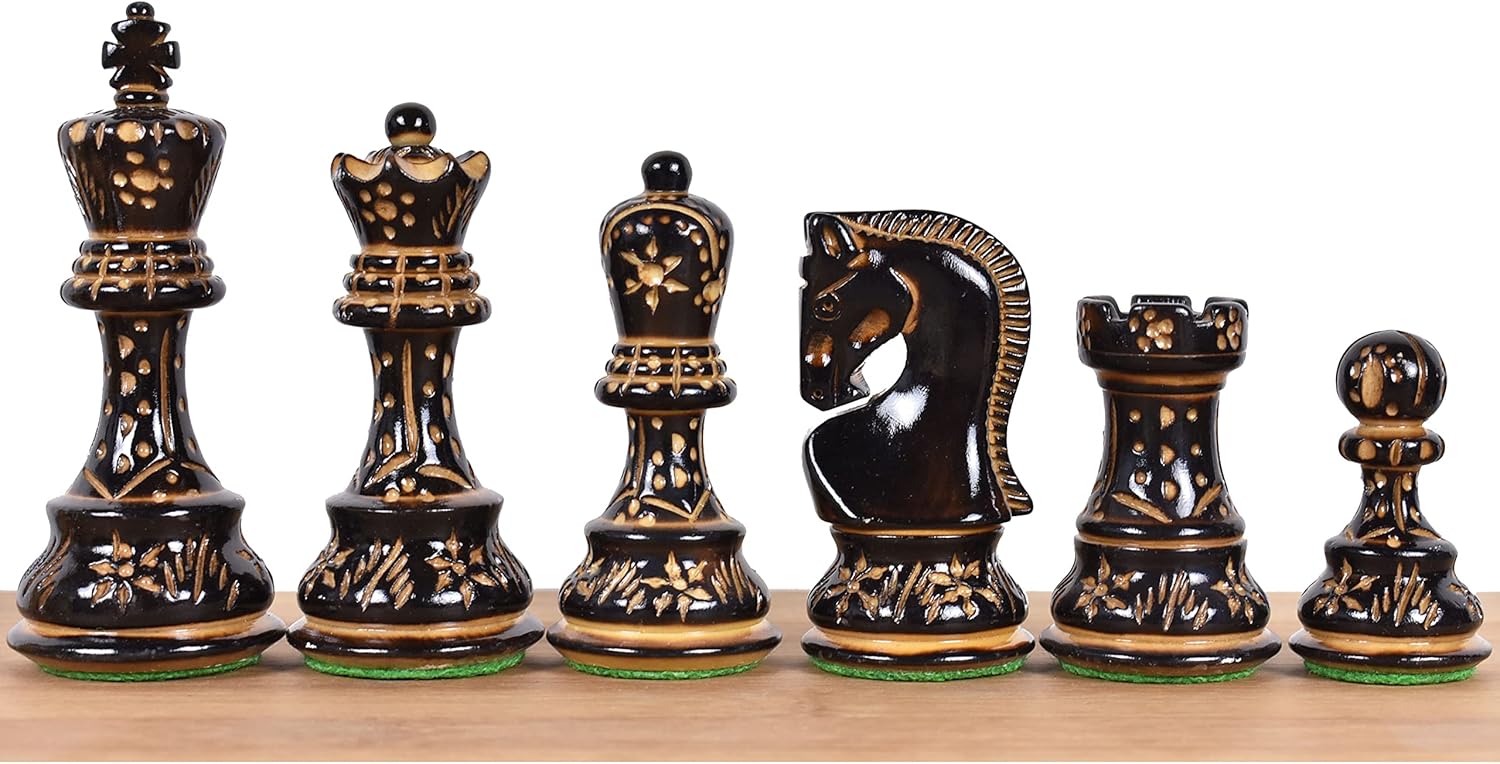
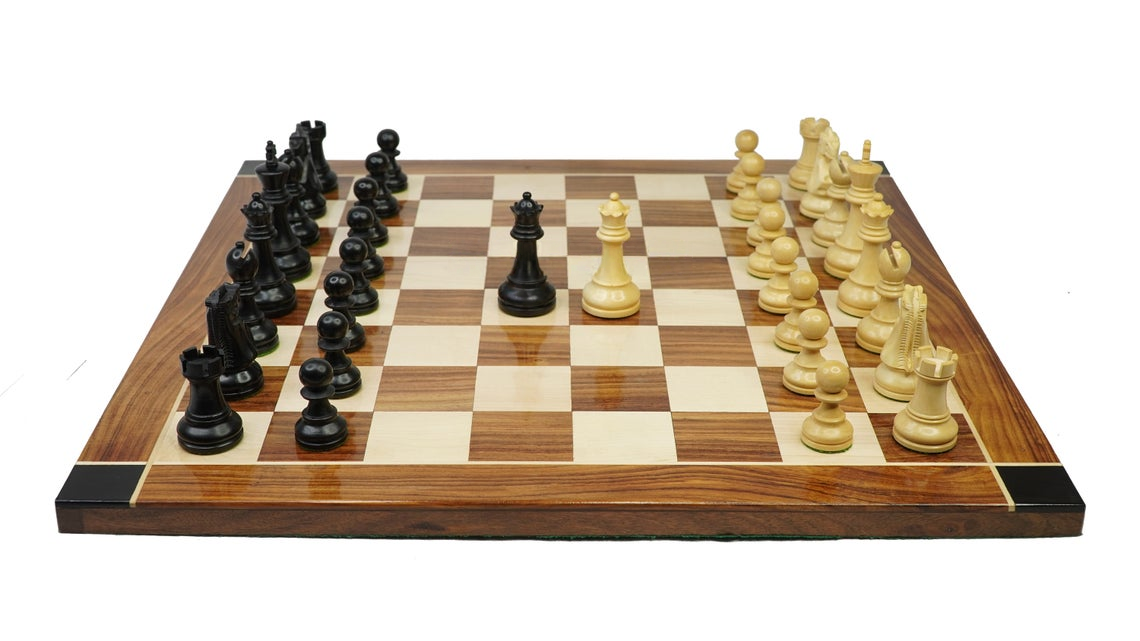
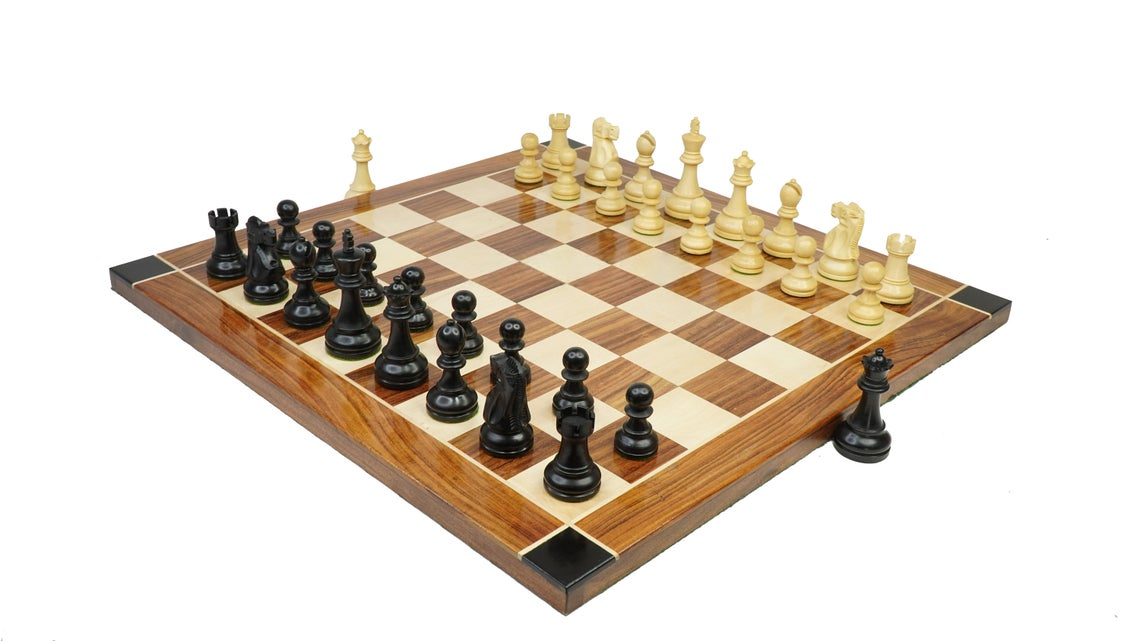
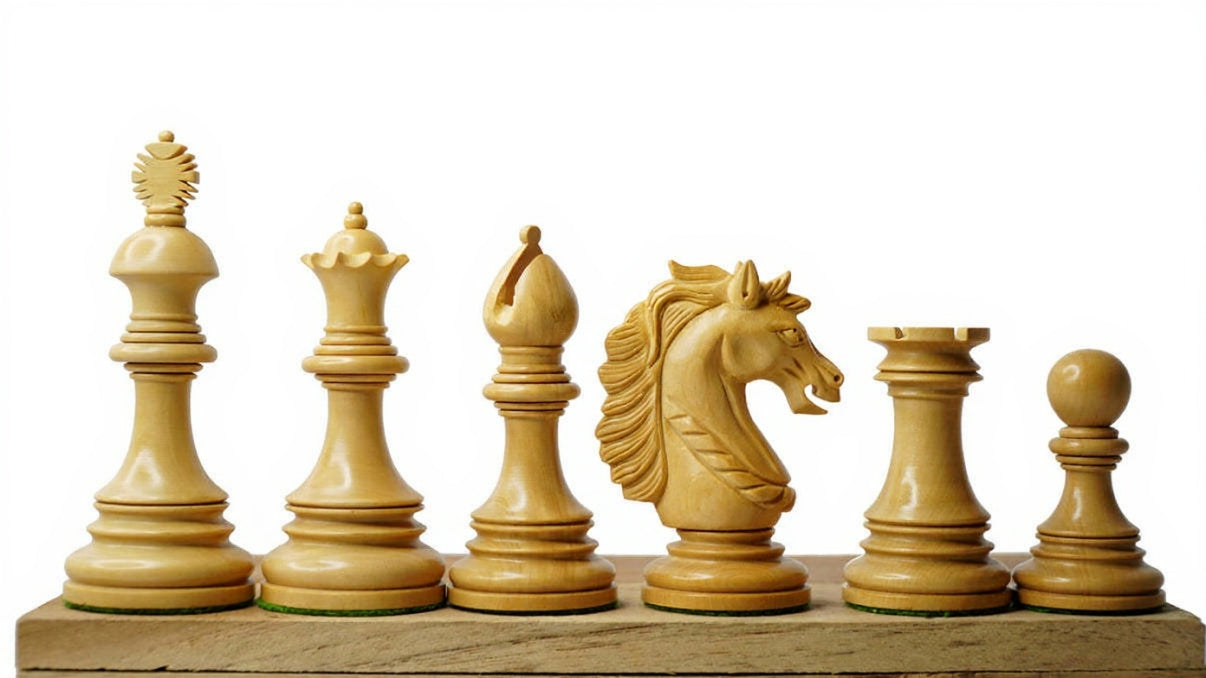
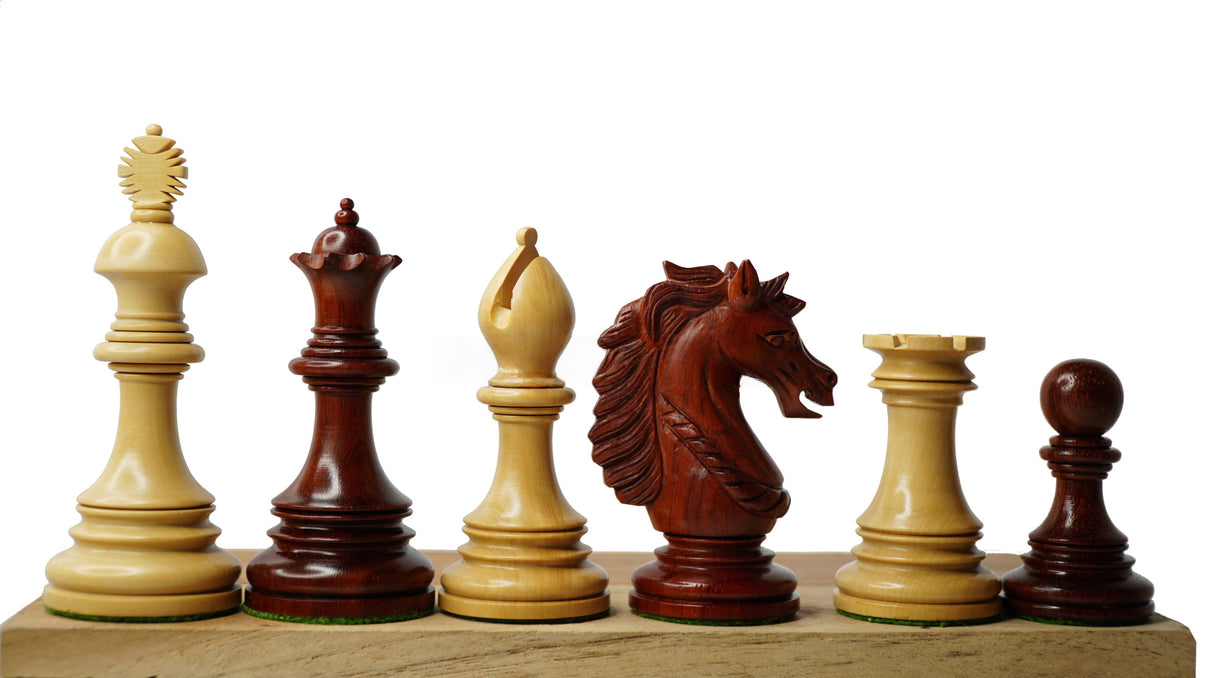
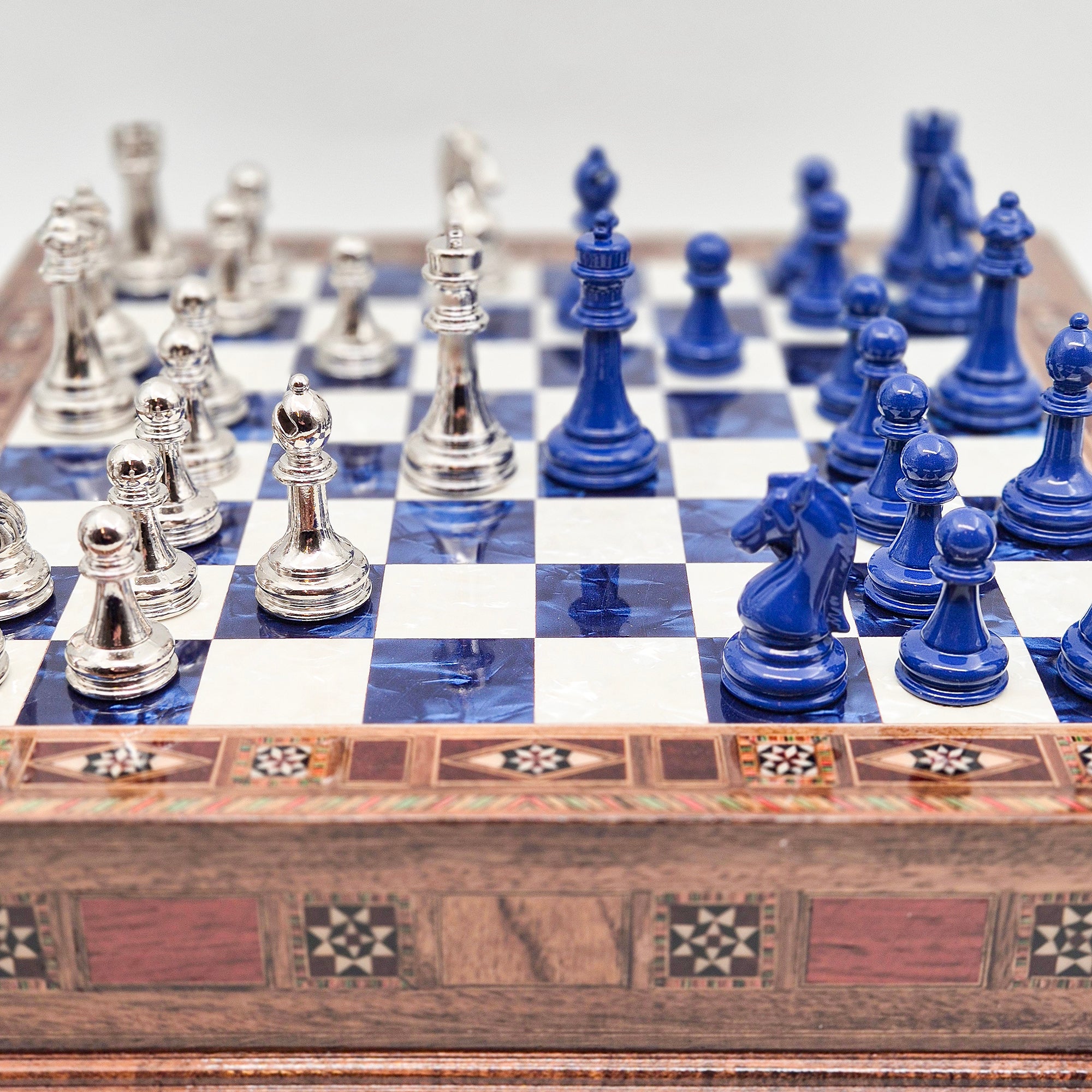
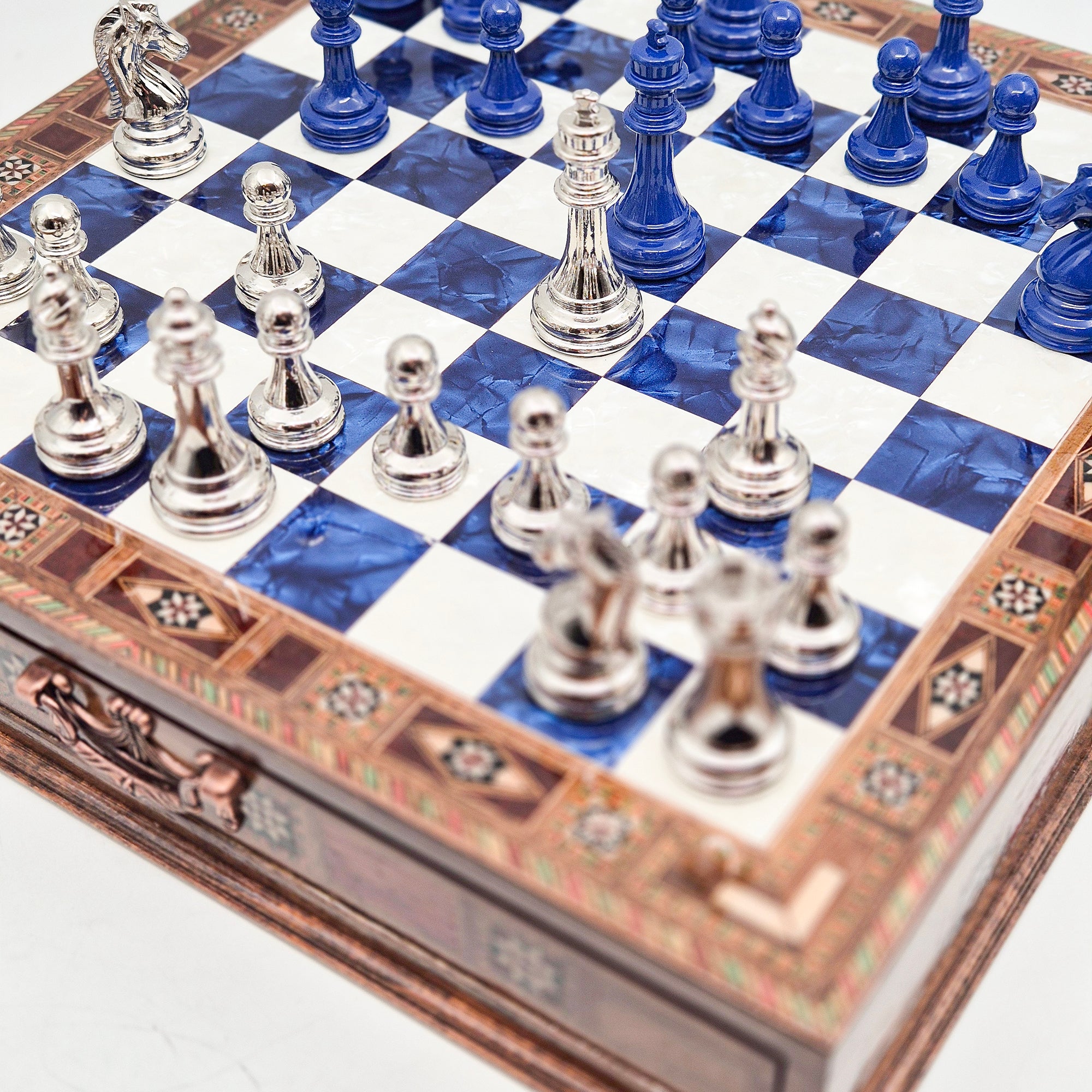

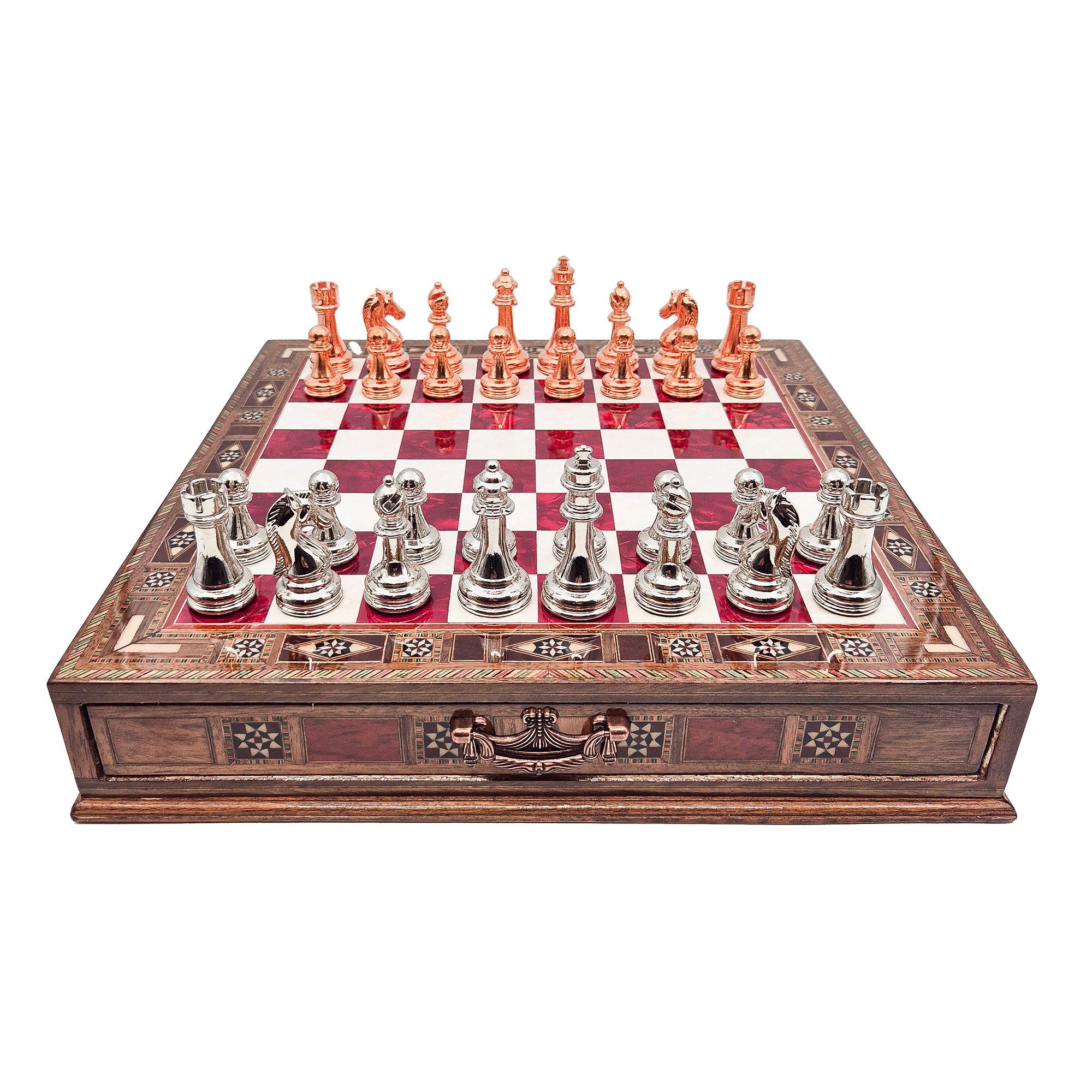
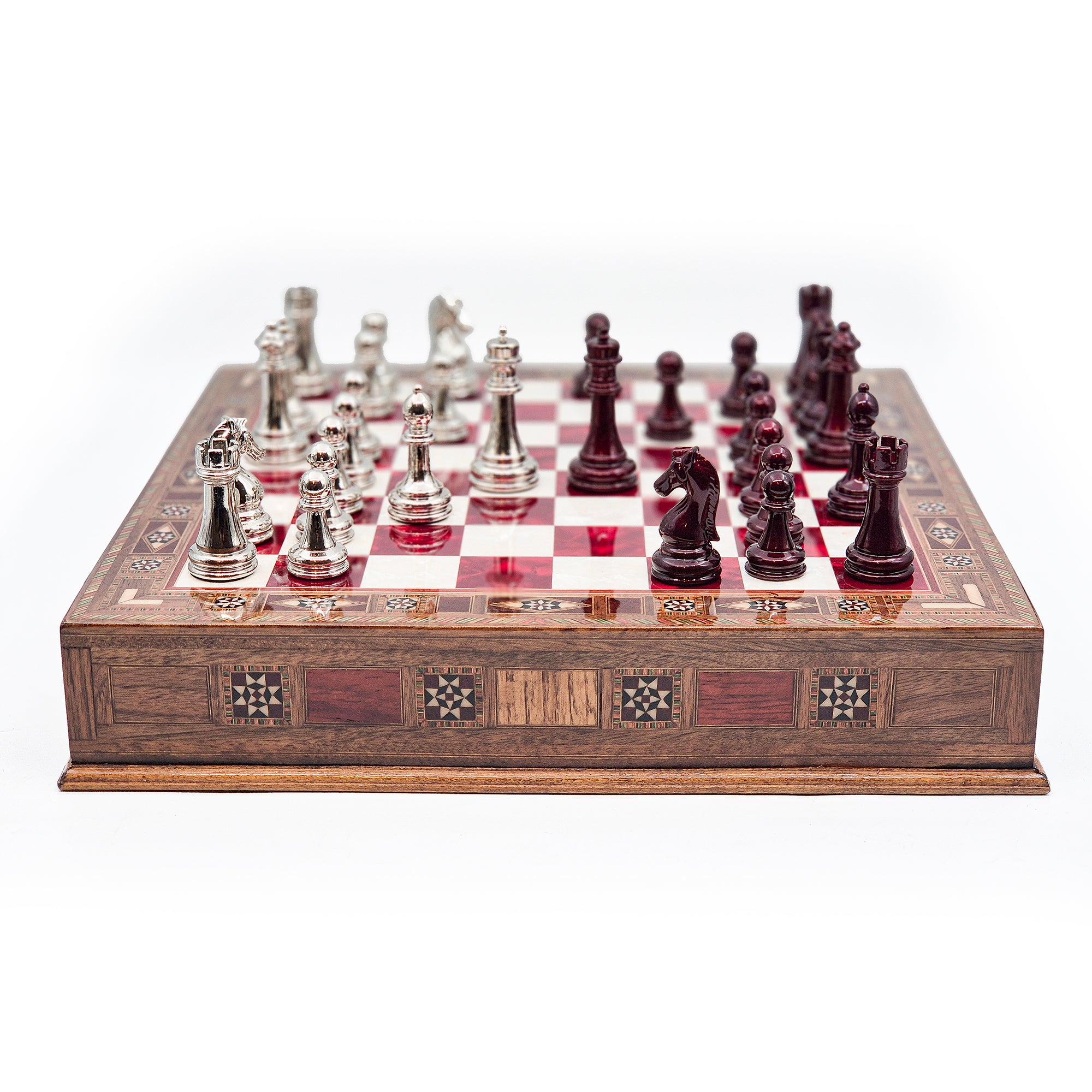
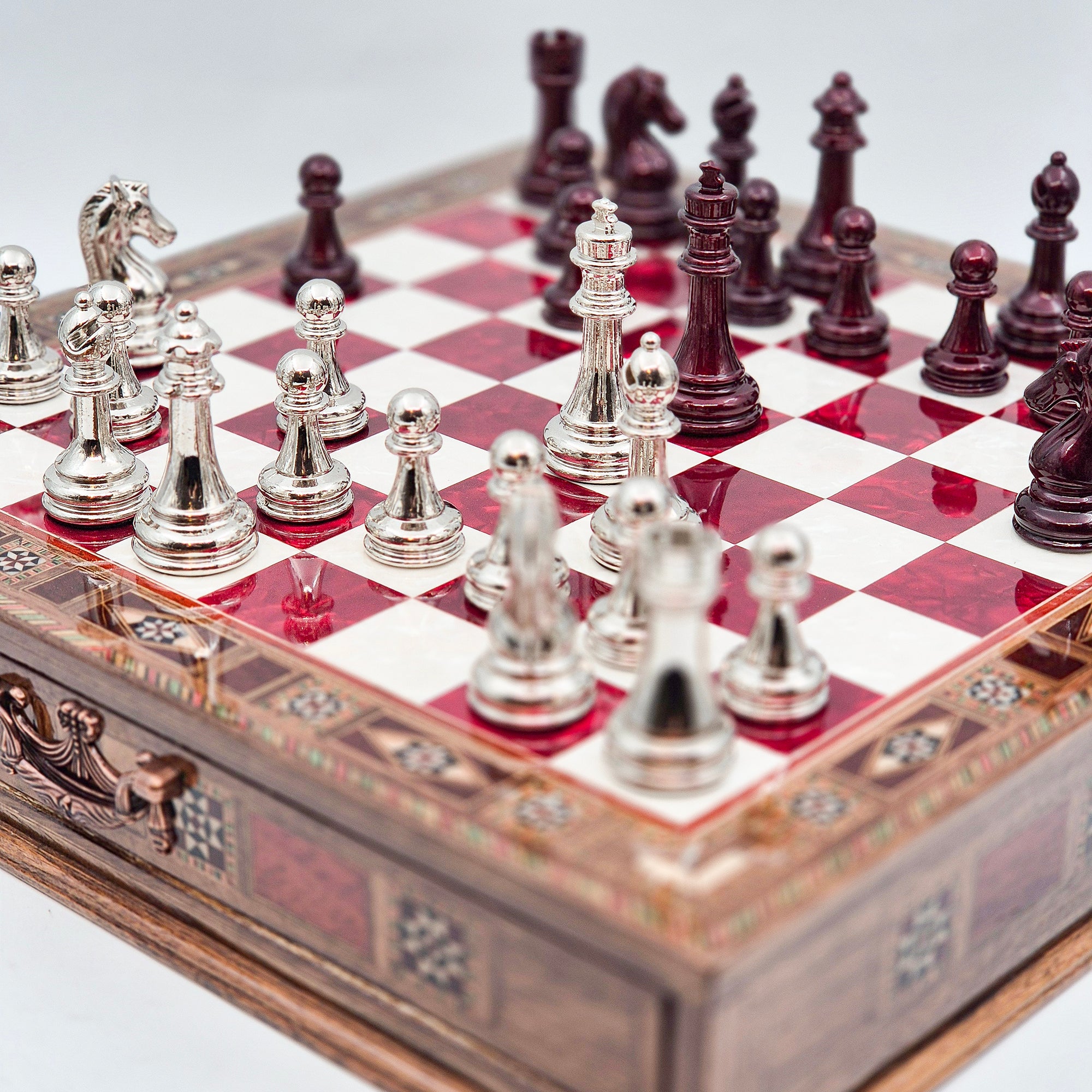
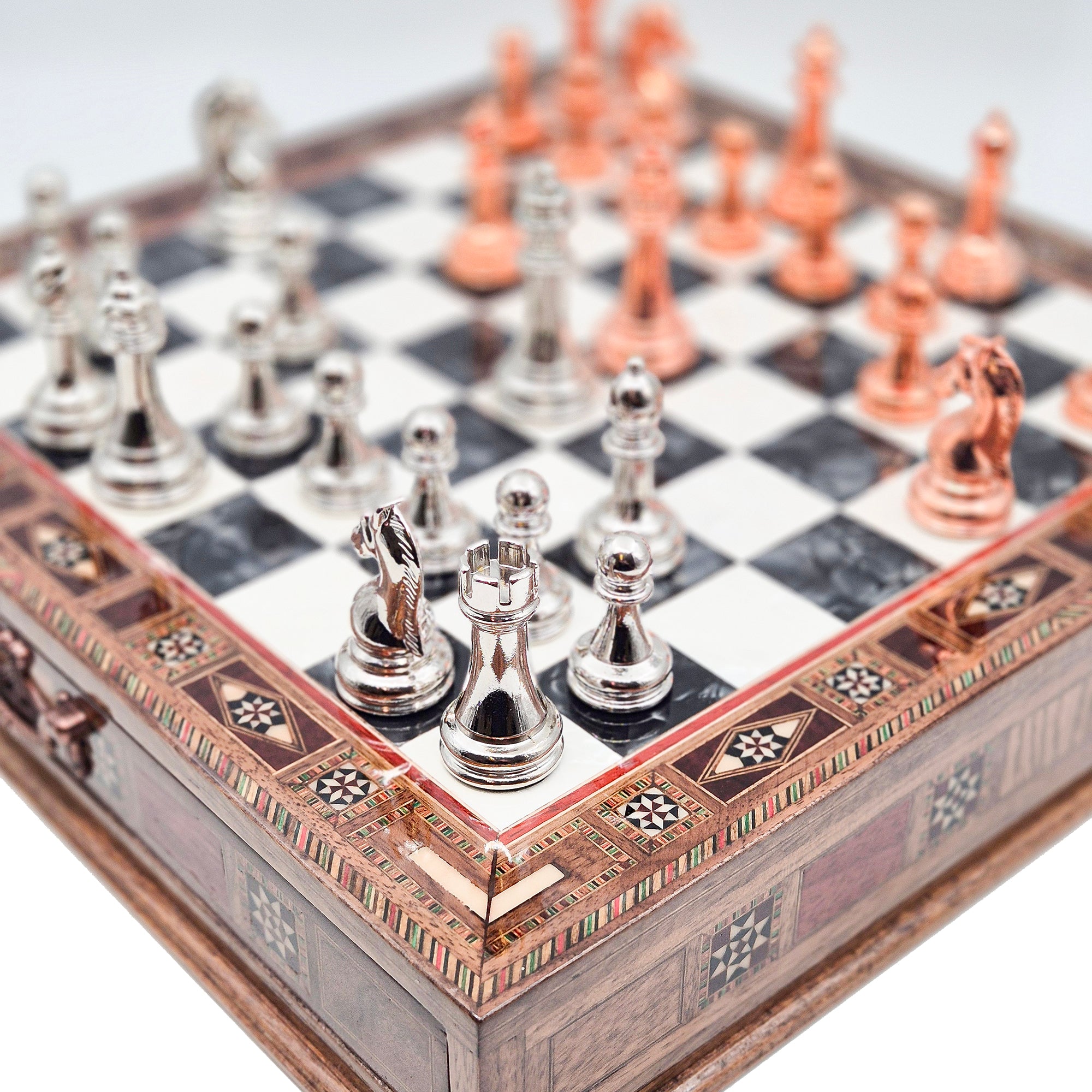
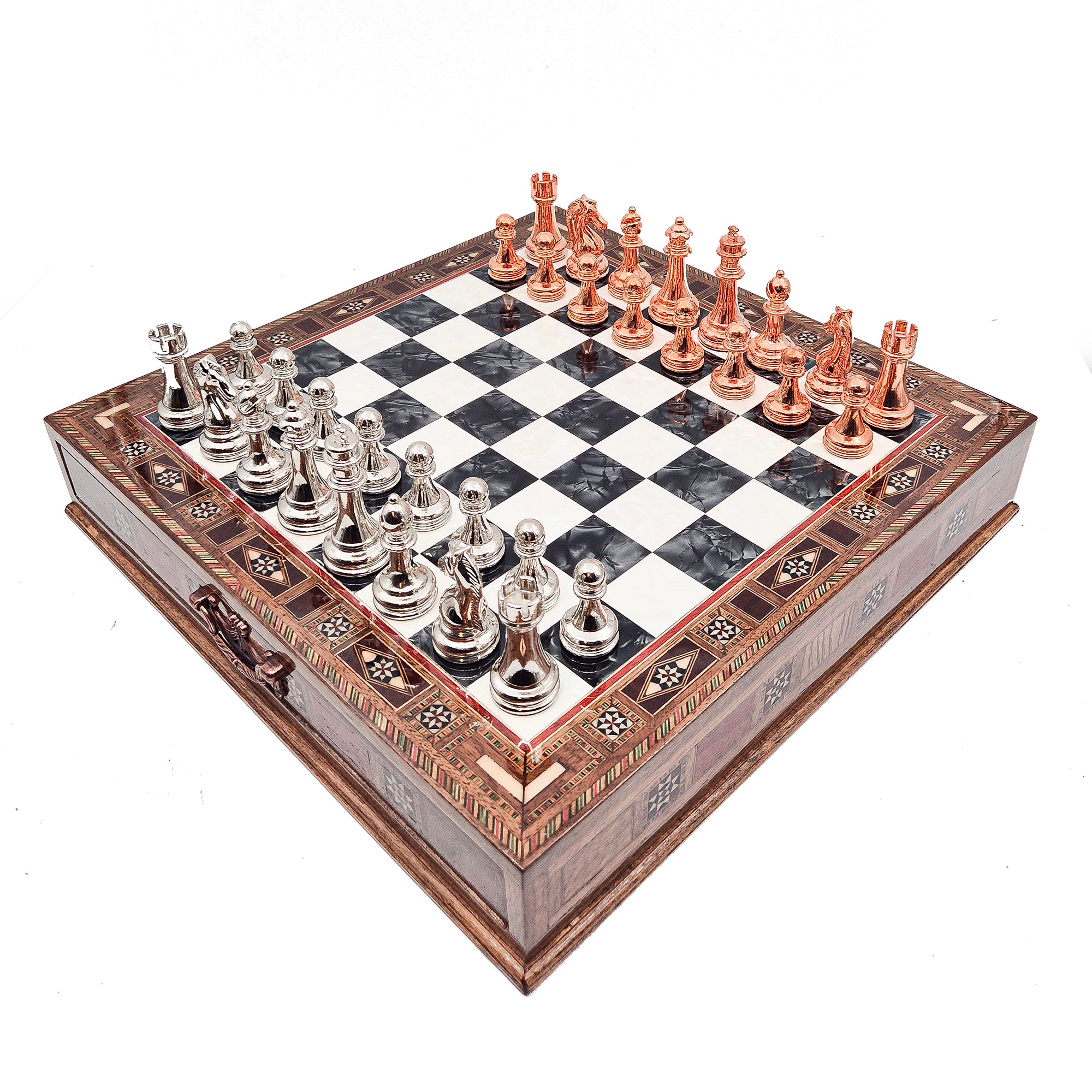
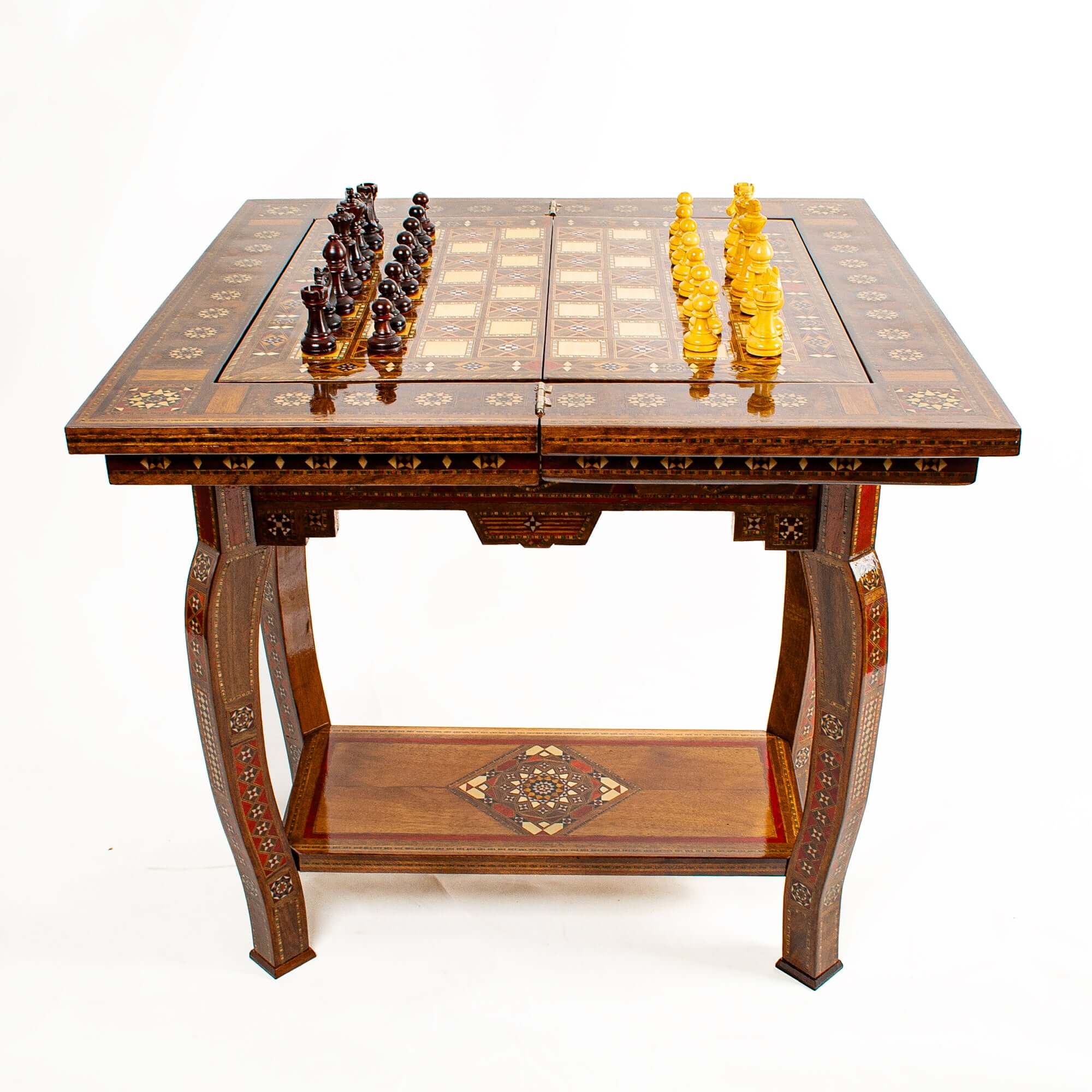

Leave a comment
All comments are moderated before being published.
This site is protected by hCaptcha and the hCaptcha Privacy Policy and Terms of Service apply.